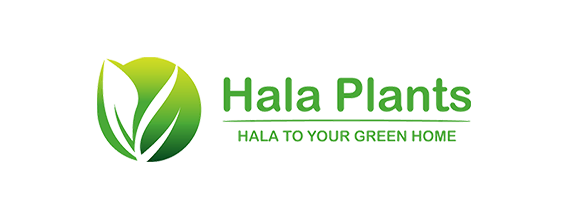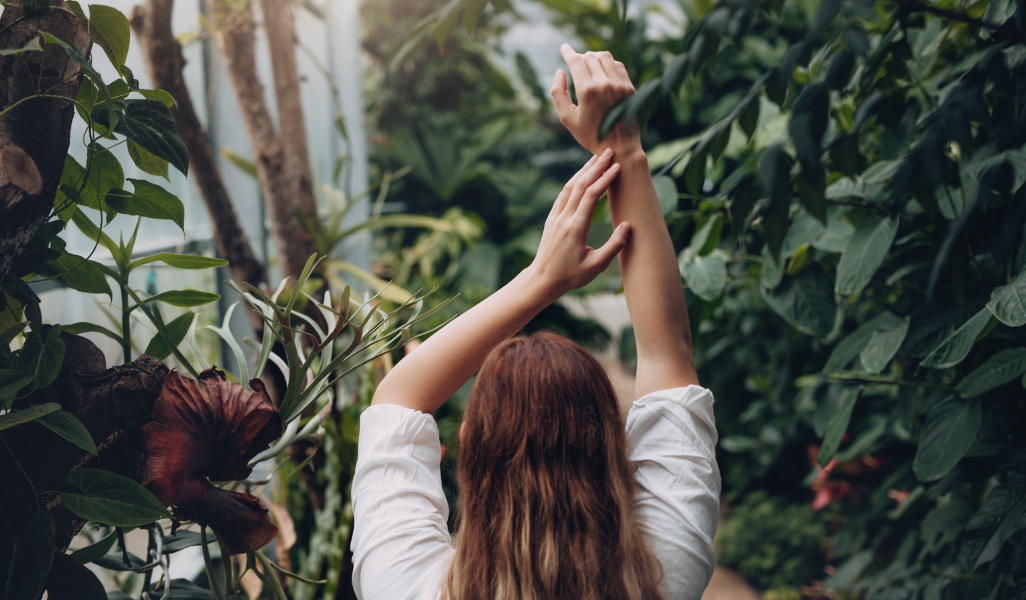How indoor plants can be good for our health?
BUY NOW
Indoor air pollution resulting from biological and chemical contaminants can make us sick. Many indoor plants help you breathe easier by absorbing harmful toxins like carbon dioxide, benzene, and formaldehyde.
The smooth, broad leaves of many indoor plants can also help capture dust. A study by Washington State University found indoor plants reduced to dust in office environments by as much as 20%.
Indoor plants are also natural humidifiers. They absorb water through their roots and then release it back into the air in a process called transpiration. This makes them perfect for office environments where the air is often too dry.
Emotional stress and environmental pollutants can wreak havoc on your immune system. While having indoor plants won’t guarantee you’ll never get sick, they do play a role in keeping your immune system from being overtaxed by improving mood and indoor air quality
Plant therapy and why it is important?
Plant Therapy is also known as horticultural therapy. Horticultural therapy is a technique that relies on plants and gardening to help people overcome health issues such as high blood pressure and memory disorders. It can also greatly help those battling depression, anxiety, addiction, and survivors of abuse. This form of therapy is connected to the concept of “biophilia,” which is the idea that people are genetically connected to nature and plant life. The goal of horticultural therapy, or “plant therapy,” is to help patients build self-confidence, and social connections, increase compassion and get out into nature more frequently. When undertaken to improve symptoms of depression and anxiety, plant therapy is generally most effective when combined with more traditional therapy approaches, including talk therapy and medication.
Rest assured, if you don’t want to take up gardening or add any house plants to your home, you might be able to reap some benefits similar to those of horticultural therapy with essential oils. The use of essential oils, which are organic compounds made from biological materials such as seeds, leaves, blossoms, and roots, can be used to boost your mood, mental state, and overall health. This type of aromatherapy can also help alleviate some symptoms of depression and anxiety.
Some essential oils recommended for treating symptoms of depression include:
Sandalwood
Ylang-ylang
Chamomile
Geranium
Some essential oils recommended for treating symptoms of anxiety include:
Vetiver
Frankincense
Bergamot
Ref: https://www.talkspace.com/blog/plant-therapy/


